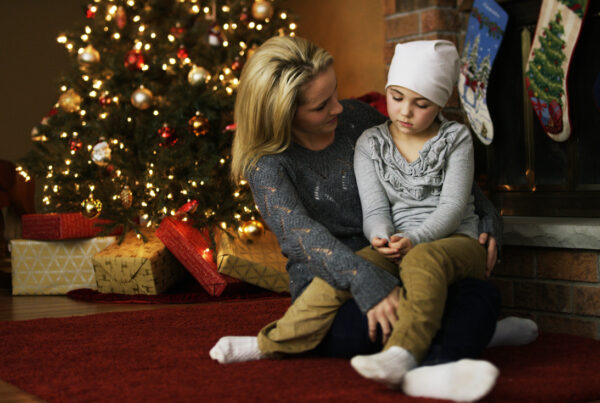By Kary Zarate, Ph.D.
Schools are natural places for strong collaborative partnerships. School personnel must work together to plan for a great curriculum and supportive learning environment for all students. Families and educators must work together to support each student inside and outside of the classroom. For military-connected students (MCS), collaborative relationships with schools may be a bit more complex. Being part of the military community may include additional collaborative partners such as School Liaisons and Exceptional Family Member Program (EFMP) Family Support Providers. To best consider the complexities of each family and better collaborate throughout the school year, collaborative partners require a few key skills to ensure they are ready to successfully team.
Central to supporting an MCS is understanding that each family has a role, responsibilities, and rights within the family-professional partnership. Families have the right to be informed and participate in their child’s education. The Every Student Succeeds Act (ESSA) outlines several key points related to parental and family involvement. ESSA describes the importance of two-way communication between schools and families. Further, it promotes the notion that families are to participate actively in the decision-making related to their child’s education. Finally, it also describes the school’s responsibility in reaching out to all families to create meaningful engagement.
OneOp’s webinar Improving Military Student Outcomes Through Effective Professional Collaboration, provides six strategies for improving family-professional partnerships and professional-to-professional partnerships. The many different skills required of collaborators, such as how open communication builds trust and shared decision-making impact mutual respect are discussed. The webinar dives deep into how communication processes differ from communication styles. For example, participants will consider if they align more with an assertive, passive, or aggressive style. Through learning about communication, professionals become aware of their style and learn a few strategies for stronger communication. The need for shared goals within collaborative partnerships and how to develop common understandings between partners is also addressed. Anyone working with MCSs who desire to be more skilled communicators, and therefore stronger collaborators should be sure to check out this learning opportunity.
Photo from Pixabay.com













